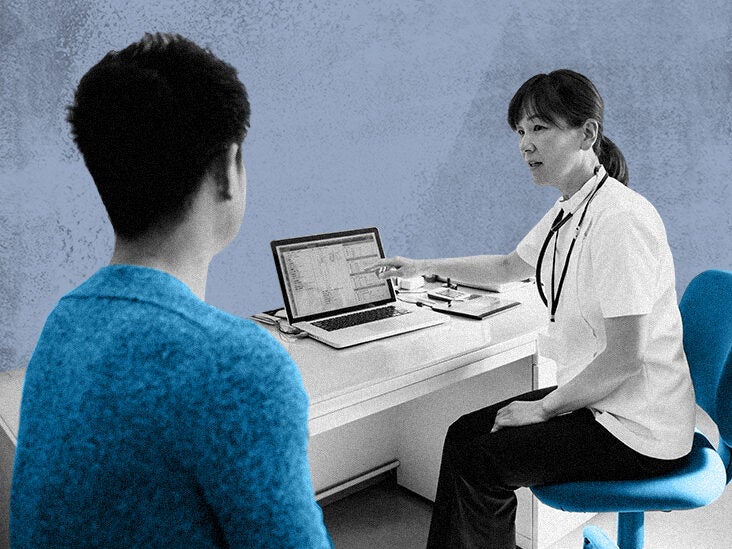
As men age, a natural decline in testosterone levels can lead to various unpleasant symptoms such as fatigue, low libido, and erectile dysfunction. how to get a doctor to prescribe testosterone Fortunately, testosterone replacement therapy (TRT) can help alleviate these symptoms and improve overall quality of life. However, getting a doctor to prescribe testosterone can be a daunting task for many men. In this article, we’ll explore some useful strategies for getting your doctor to prescribe testosterone and ensure that you receive the treatment you need.
- Identify Symptoms: The first step in getting a doctor to prescribe testosterone is to recognize the symptoms of low testosterone levels. These may include decreased sex drive, erectile dysfunction, decreased energy levels, decreased muscle mass, and increased fat deposits. Your doctor may ask you to complete a questionnaire or a blood test to confirm your testosterone levels and identify the severity of your symptoms.
- Find a Specialist: While your primary care doctor may be willing to prescribe testosterone, it may be helpful to seek out an endocrinologist or urologist who specializes in hormone therapy. These specialists have a deeper understanding of TRT and may be more willing to prescribe testosterone if they believe it is necessary.
- Discuss the Benefits and Risks: Before prescribing testosterone, your doctor will want to discuss the potential benefits and risks of TRT. It’s important to be honest about your symptoms and how they are affecting your quality of life. You may also want to discuss any concerns you have about potential side effects, such as acne, hair loss, or sleep apnea.

- Be Prepared to Follow Up: Getting a doctor to prescribe testosterone is just the first step in the process. Once you begin TRT, you will need to follow up regularly with your doctor to monitor your progress and adjust your dosage if necessary. Being committed to your treatment plan and staying in regular communication with your doctor can help ensure the best possible outcome.
- Consider Alternative Treatments: While TRT can be highly effective in treating low testosterone, it may not be the best option for everyone. Depending on the severity of your symptoms and your overall health, your doctor may recommend alternative treatments such as lifestyle changes, supplements, or medications. It’s important to keep an open mind and explore all of your options before deciding on a course of treatment.
Getting a doctor to prescribe testosterone may seem like a daunting task, but with the right approach, it can be a straightforward process. By recognizing your symptoms, seeking out a specialist, discussing the benefits and risks, following up regularly, and exploring alternative treatments, you can ensure that you receive the best possible care and support for your low testosterone levels. Don’t suffer in silence – speak to your doctor today and take the first step towards a healthier, happier you!
With the right advice and support, you can manage your low testosterone levels and reap the health benefits. Your doctor will be able to provide you with a tailored plan to ensure that your hormones are at their optimum level. This may involve dietary changes, lifestyle changes such as regular exercise and relaxation techniques, supplements or medications that can help to balance your hormones, or a combination of these. Additionally, they may recommend regular checkups to monitor your progress and ensure that all treatments are working as intended.

